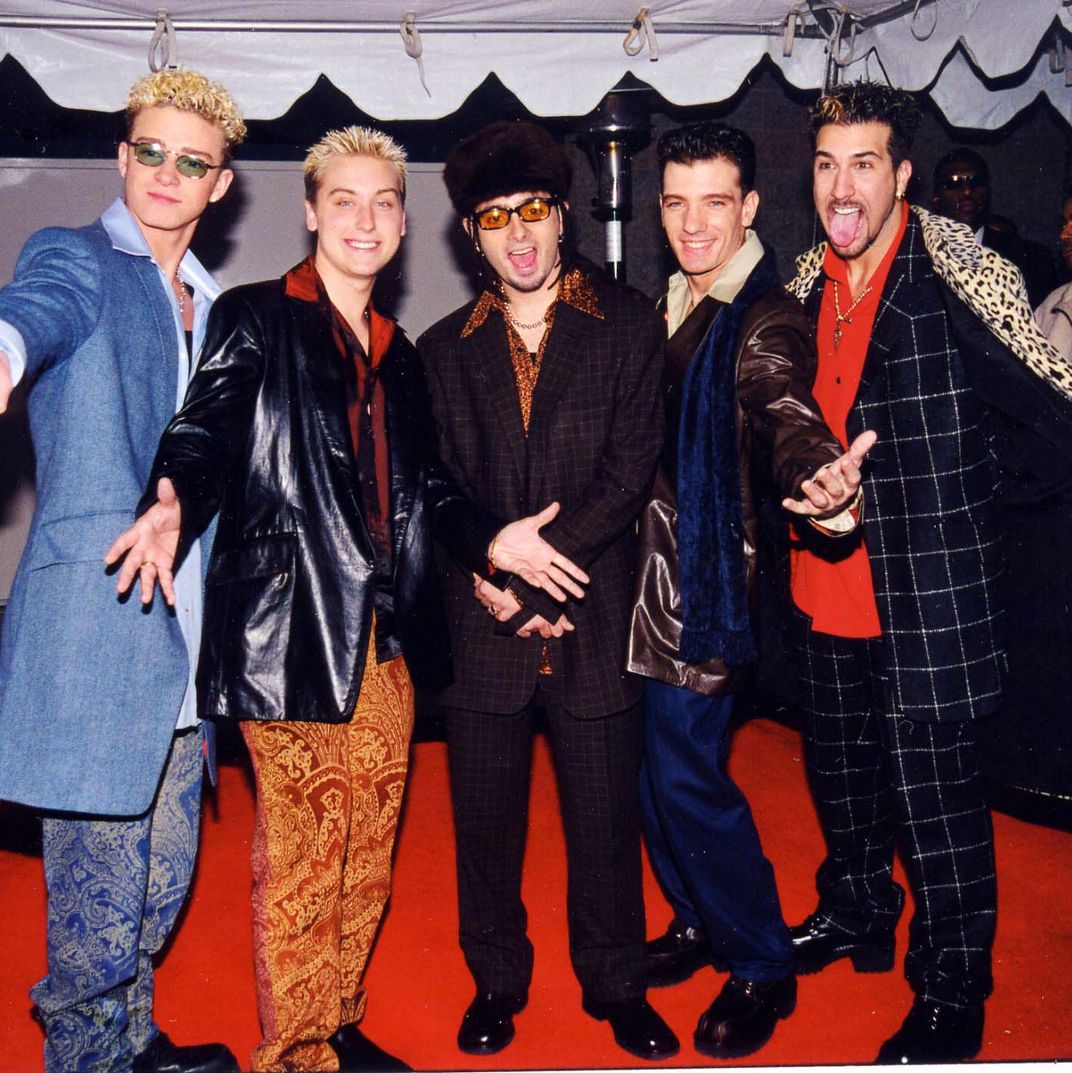

In fact, ‘N Sync’s 2002 hiatus came about because Timberlake was releasing a solo album (“…and nothing more,” hoped the other members of ‘N Sync with fingers crossed). The sole survivor of this conflagration, of course, was Justin Timberlake. You’re gonna bring it ’til the end? That line should have ended with “of 2001.” When is this pop life going to fade out? Well, you got me there, it never actually faded… it burned to the ground in a horrible, horrible deathly fire. The humanity! What you’re doing is not a trend? That’s exactly what it was. ‘N Sync and Backstreet Boys both went on hiatus that year the final album from 98º came back in 2000 and O-Town (the newest of the bunch) didn’t make it past 2003. “Pop” was released in 2001 and by 2002 “this pop life” of boy bands was on life support. They were wrong about everything, almost immediately. This, amongst other reasons, is why this song is a flop. Sick and tired of hearing all these people talk about “What’s the deal with this pop life and when is it gonna fade out?” But then you got to realize what we doin’ is not a trend We got to give the melody, we gonna bring it ’til the end. It’s the first song on the album and here are the lyrics of the opening verse, written and performed by Justin Timberlake: Hear them roar in melodious five-part harmony! “Pop” was an indictment of all their haters and ‘N Sync couldn’t wait to get the word out. They were not just some boy band anymore - they were grown men. This song was ‘N Sync marking their territory, standing their ground. Boy bands had surged back into the music scene in 1997 and the major backlash against them was really ramping up at this point. ‘N Sync is angry in this song, which, in regard to content, didn’t necessarily sound so strange when the song was released in 2001. “Pop”: the lead single off ‘N Sync’s most personally accountable album, and our topic of discussion for today.

So, what do you get with new, overly confident, and relatively inexperienced songwriters? Chasez received four writing credits opposed to the three he received on the previous album, and Timberlake went from receiving one writing credit on their second album to seven (out of thirteen tracks) on their third album. If you look at the album credits, you can see the group’s increased involvement, at least from the likes of unofficial band leaders JC Chasez and Justin Timberlake. The results were visible… both in the music and the liner notes. It was time to exert some true creative control over the music. Fueled by platinum records and adoring fans, their confidence could not have been higher.

Feeling comfortable that they could do this music-thing without Pearlman at the reigns, they took to the studio for their third album, Celebrity.

Once resolved, they were on their own and released their second album, the aptly titled, No Strings Attached. Following their massive success came seemingly endless legal troubles with their manager and teen talent-farmer Lou Pearlman. In 1997, ‘N Sync made a big splash in both the music industry and popular culture with their debut self-titled album. However, the one thing all these definitions lack is the word “exploitation,” which is something ‘N Sync publicly dealt with very early on in their career. įor the more visual learner, perhaps this simple photograph serves as a better definition. More often than not, boy band members do not play musical instruments, either in recording sessions or on stage, and only sing and dance, making the term somewhat of a misnomer. The members are expected to dance as well as sing, usually giving highly choreographed performances. If you were raised as part of Generation Y, you’re all too familiar with the concept of a “boy band.” For those who aren’t, Wikipedia “loosely” defines boy band as:Ī popular music act consisting of only male singers.


 0 kommentar(er)
0 kommentar(er)
